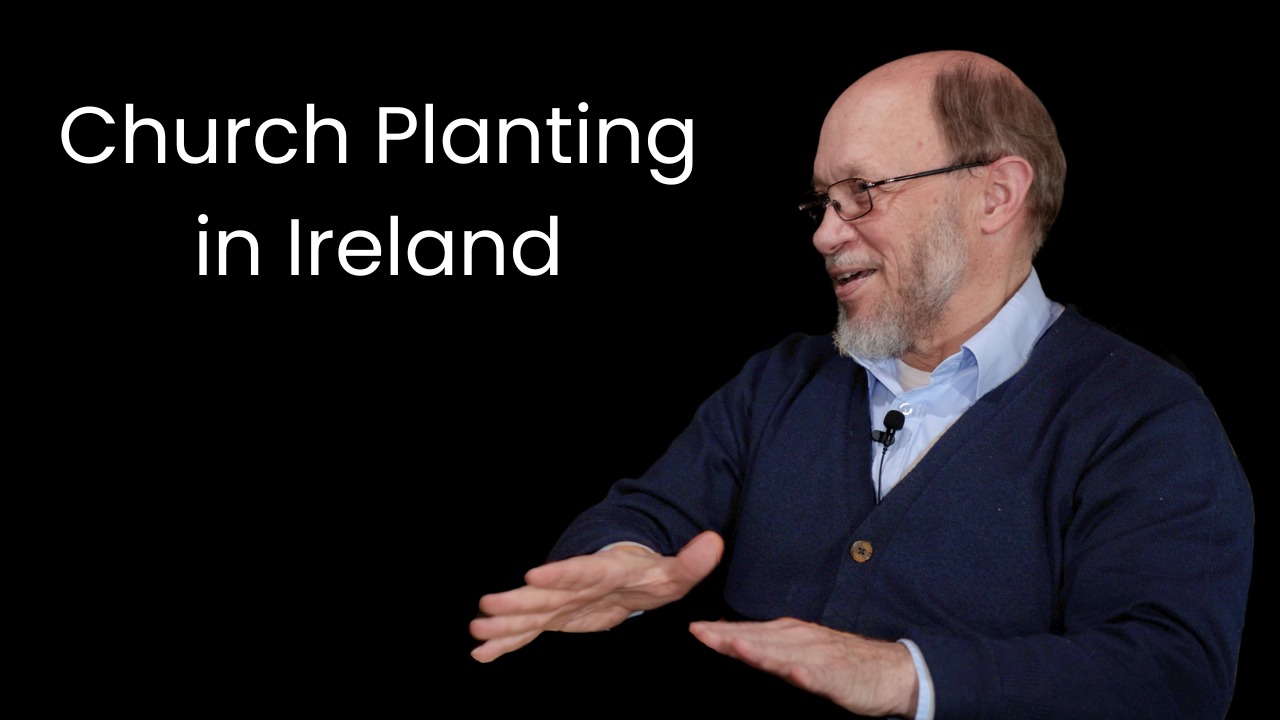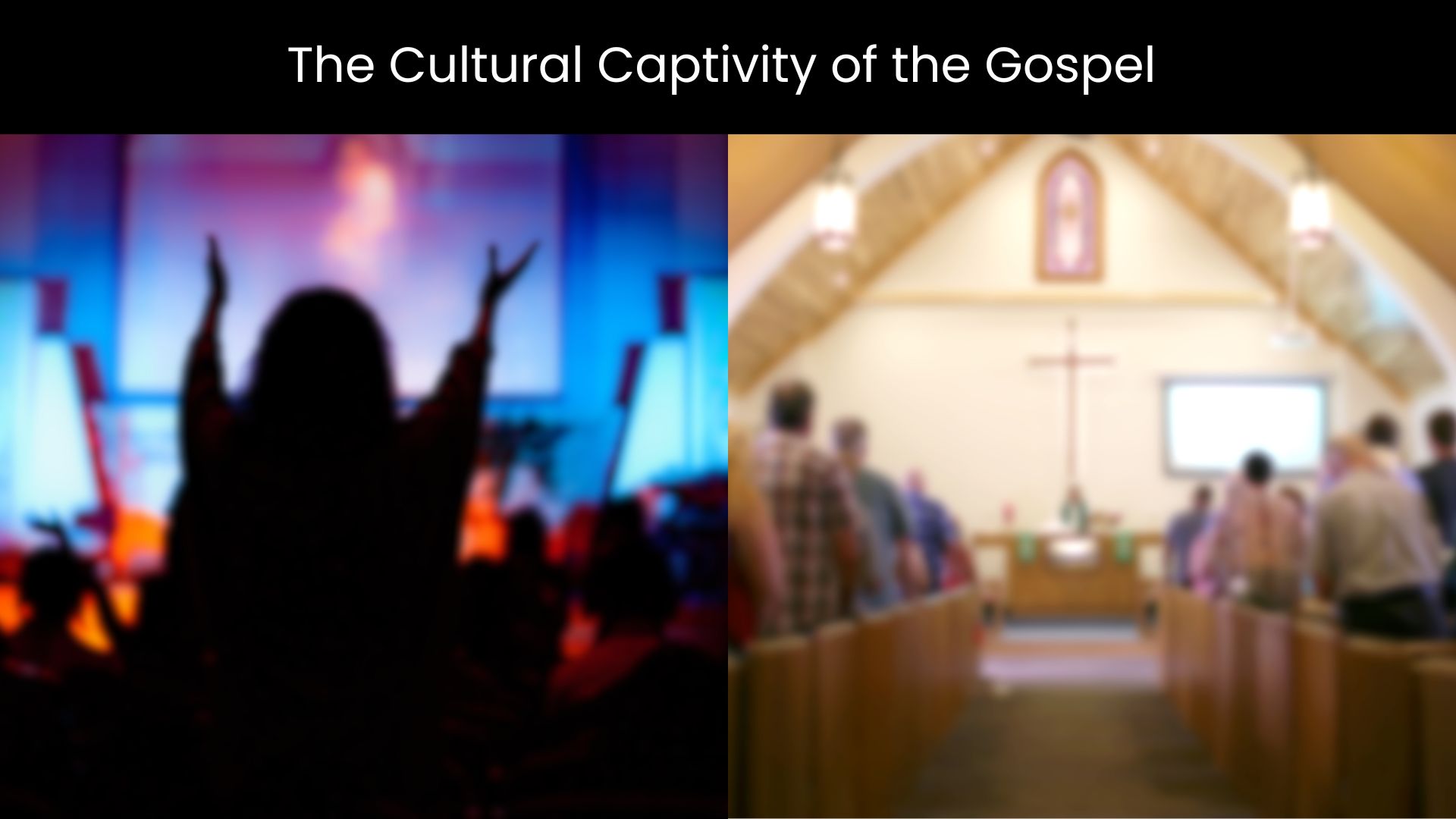Anabaptist on the Internet: Reflecting on Conversations about my Faith
Having religious conversations with those of other persuasions is nothing new to me. I was born into a family in a new Mennonite church in rural America. Distinctive, modest dress was not familiar to most of our new neighbors in smalltown Tennessee, so my childhood ears became familiar with comments about nuns and questions like, “Why do you wear that thing on your head?” My mother would graciously talk to strangers about the aspects of her faith that led to her atypical choices for fashion, parenting, and general mode of life.
As I spread my own wings and started working beside Evangelicals, Pentecostals, Catholics, and irreligious people, I learned to also talk with those who wanted to know more about my approach to faith.
At the workplace: “So you’re a Mennonite! Do you have a garden?”
Another workplace: “Why do the women wear bonnets?”
Also at work: “If I decide to join your church, could I keep drinking beer?”
After my then girlfriend, now wife, appeared at the university with me: “You brought your girlfriend to class. Are you a conservative Christian of some sort?”
Face to face conversations like these resulted from letting those around me see a picture of one particular way that Jesus-centered discipleship can look. By existing in the mainstream of North America’s culture while making lifestyle choices that differ from said culture, many in my faith tradition regularly have similar experiences.
A similar phenomenon can happen online. Unlike the situations mentioned above, displaying ourselves with all our cultural distinctiveness on the internet is purely optional. However, this is an option that I and the others on the Anabaptist Perspectives’ team have chosen. Rather than primarily our neighbors, this choice makes us observable to and open to questions from the broader English-speaking world. I have the opportunity to dialog with people who send messages via email and social media comments. This work has brought both joys and discomforts. I’ll start with the discomforts.
The first discomfort comes when it feels like we’re a carrot on a stick. We present one picture of the church, more specifically, a picture of one segment of the Anabaptist tradition, by emphasizing aspects that we deem praiseworthy. This leads to a necessarily curated perspective of the parts we’re excited about. This ends up with a perspective that dwells on things other than the recesses where there’s badness and benign “down-sides.” Where our communities live out the faith well, I’m pleased by the inspiration this gives onlookers. On the other hand, some have used the benefits they see in our communities as an excuse for discontentment with their own setting. This comes from within the Anabaptist world, especially among people whose churches are more structured than the ones we typically represent. We also hear this discontentment coming from people in other traditions. We don’t intentionally dangle our perspective in the face of others, but some set our churches up as an impossible ideal. I ask myself, how can I present what our churches have to offer as something for inspiration while also encouraging our listeners to be content with where God has them, unless they really must leave their church for the sake of faithfulness?
When we publicly value something that differs from most Christian churches, others may wish that they have what we do instead of what they have. If we pull people from communities where they could be living faithfully, our pearl-flashing may lead to divisiveness rather than bolstering unity around central things. When I see comments with sharp remarks left on our episodes about peripheral issues, I wonder if the episode has misdirected focus away from things that should be unifying to things that don’t matter. Don’t get me wrong, in certain contexts, I’ll happily banter with others about matters that aren’t central to Christianity. However, the context must be right.
While engaging with Anabaptist Perspectives’ audience brings some discomfort and questions, it also brings joy. Near the top is hearing when our work has encouraged others. Those who have studied the Bible and church history on their own sometimes stumble across us and realize that others think like them. They find new camaraderie and learn they’re not alone. For example, John wrote to us in response to an episode:
“You just made me feel so much better for feeling the way I have since I grew up in an Extremely politically involved religious… family… I’ve been on a long hard road trying to not feel so alone in my beliefs. This white haired man here just eased my mind and given me the courage to lovingly move forward in my path of radically loving God’s creation until the day I die.”
Some don’t want to join us, but they learn a perspective from us that can strengthen their own church that’s in a different tradition. For example, we received this comment from an appreciative audience member:
“I wanted to let you know that I have been really blessed by the media ministries of the Mennonites that I have encountered, including this channel. You seem to be one of the very few Christian groups I have found who base their views of money, stewardship, and economics forms the principles outlined in the Bible and not for the wisdom of the world. Keep up the great work. You have an appreciative view in the Adventist church.”
When we hear from people like this, we are reminded that we have a platform that can help nudge Christians from a wide variety of denominational backgrounds toward faithful discipleship.
We also find joy when we hear from members of our audience who are from our own circles about ways that they have been strengthened or encouraged by the words of our guests. A brother who subscribes to our Cloudveil channels wrote this to us:
“Thanks so much for your work. Some of your videos have gone “viral” among our group… Chester Weaver is a favorite of mine. His talk on Mennonite Nazi’s was of special interest… It’s not easy to find discussions like yours that are as informed, informative, and respectful of conservative Mennonite viewpoints.”
Jesus came to Earth to initiate His church, not a podcast, not a publishing company, and not a mission organization. As we continue to hear bits and pieces of the ways that we have strengthened the church, we receive motivation to carry on.
As I reflect on the work of dialoguing with our audience through internet media, I am reminded of the importance of humility. Offering ourselves as the ones who will say things subjects us to both praise and criticism. Humility must be in place when we receive praise, so we don’t think more highly of ourselves than we ought to think, and humility must be in place when we receive criticism, so we can learn and change when necessary.
To those who have written to us with encouraging notes, we thank you. You have helped us to focus energy more precisely. To those of you who have given criticism, we thank you too. We have occasionally made changes due to legitimate concerns that you have raised, so don’t give up. Keep seeking the truth and encouraging others, including us, to do likewise.
__________________________________








Leave a Reply